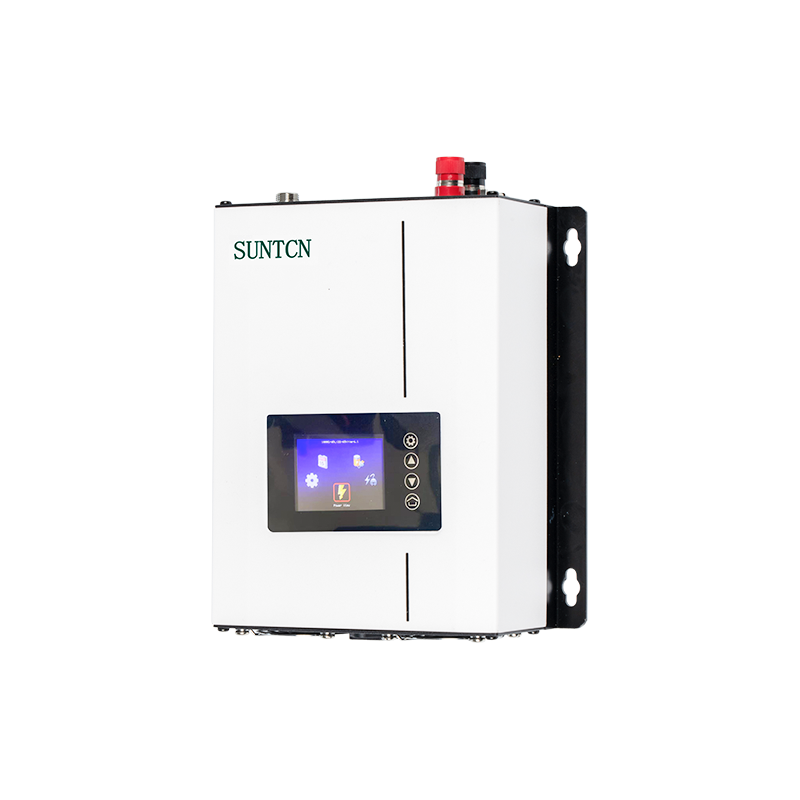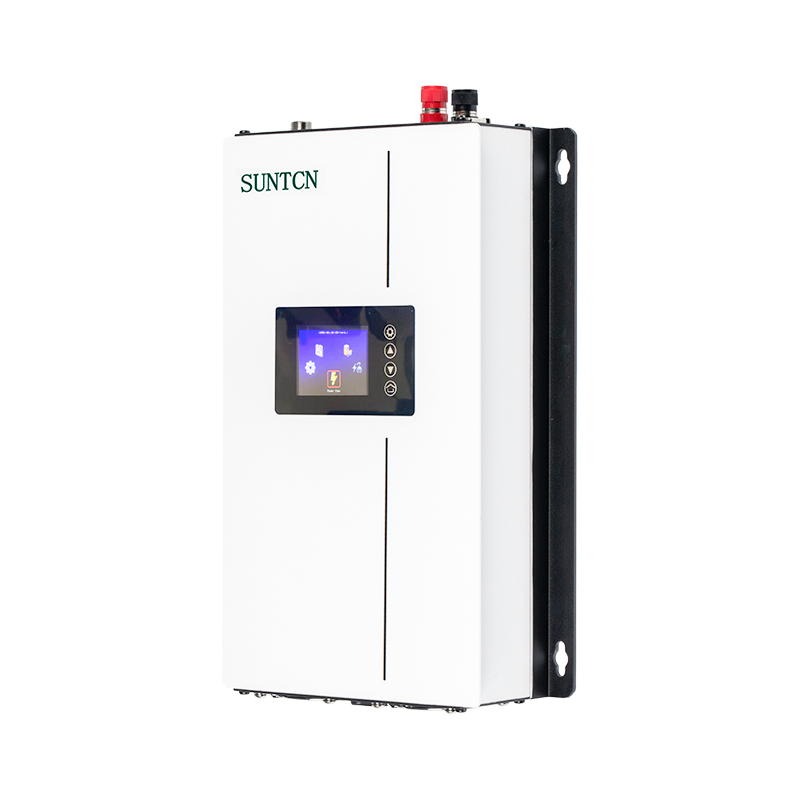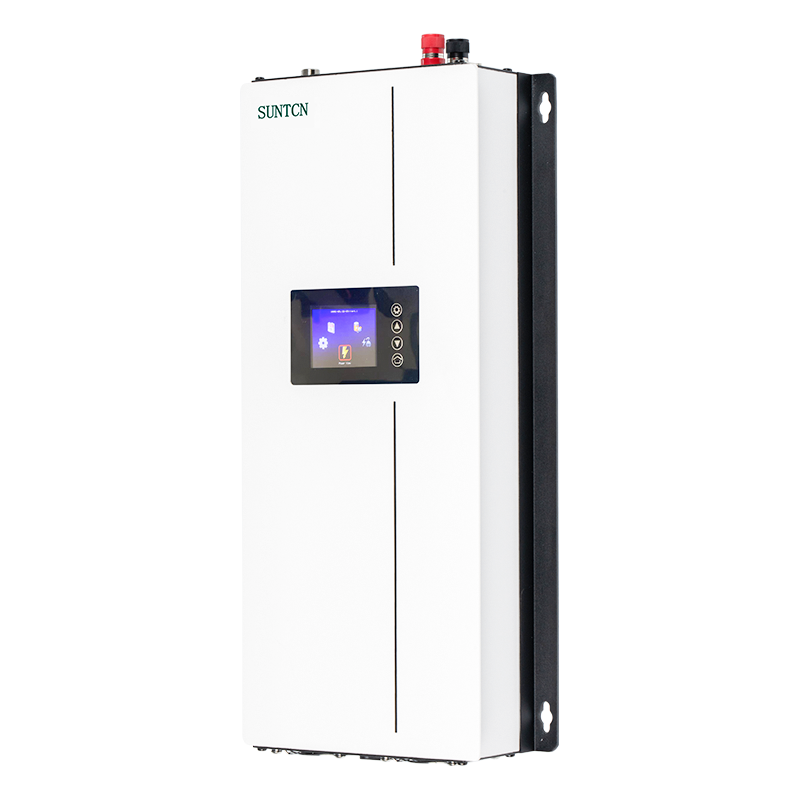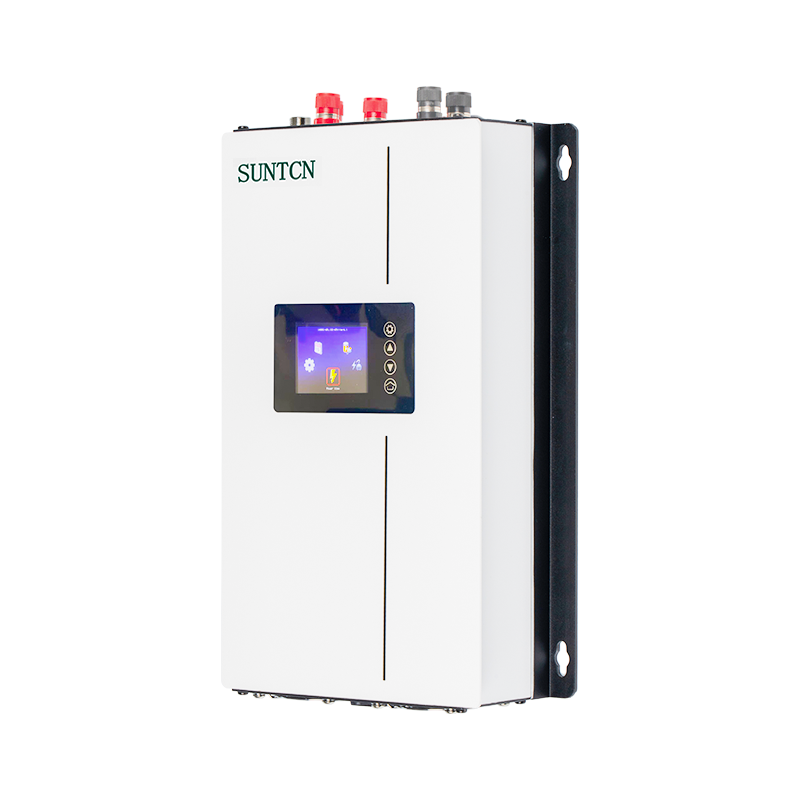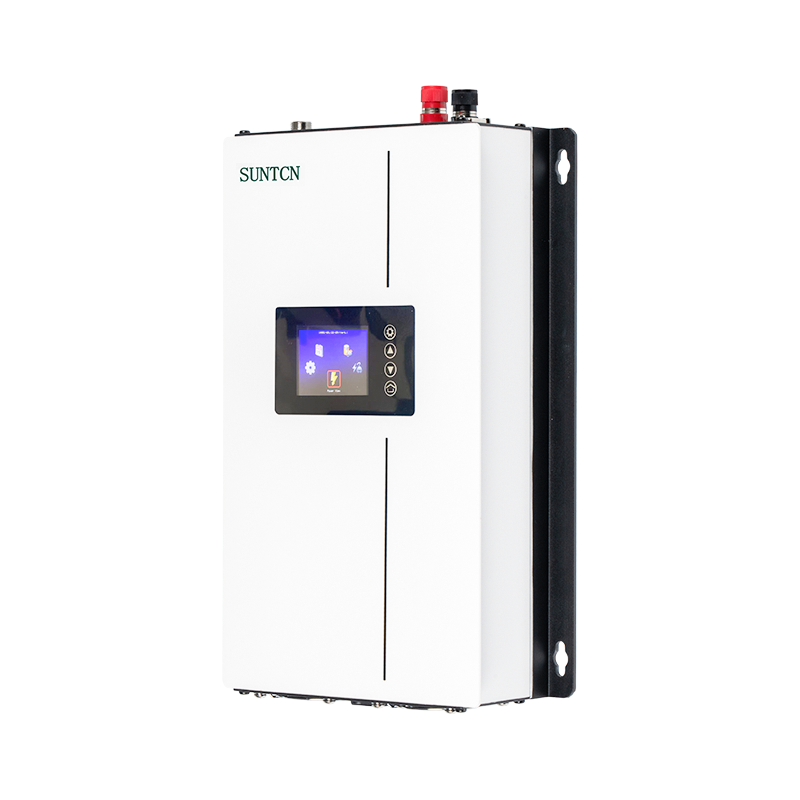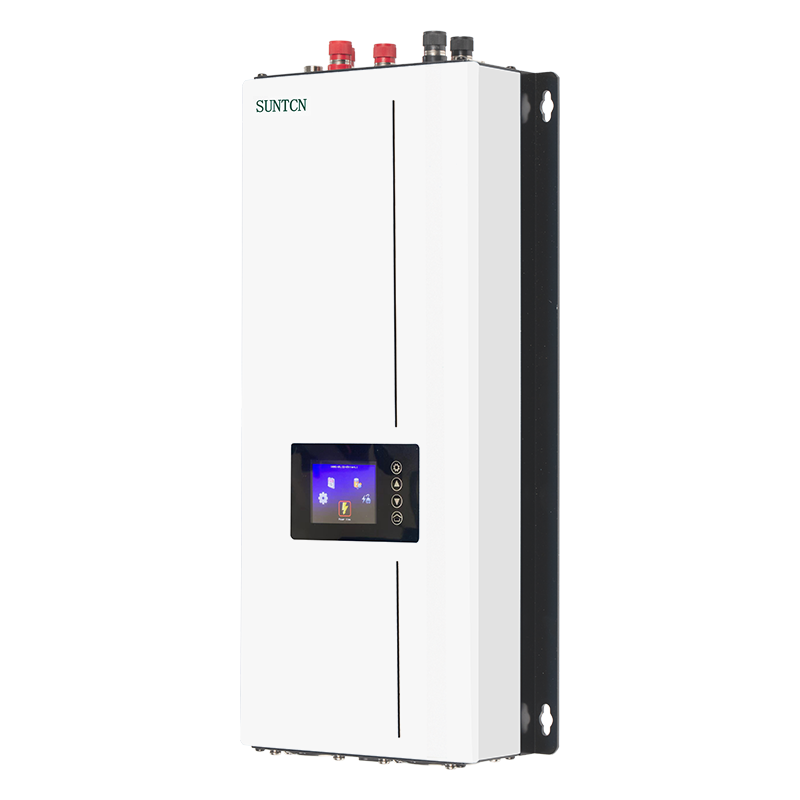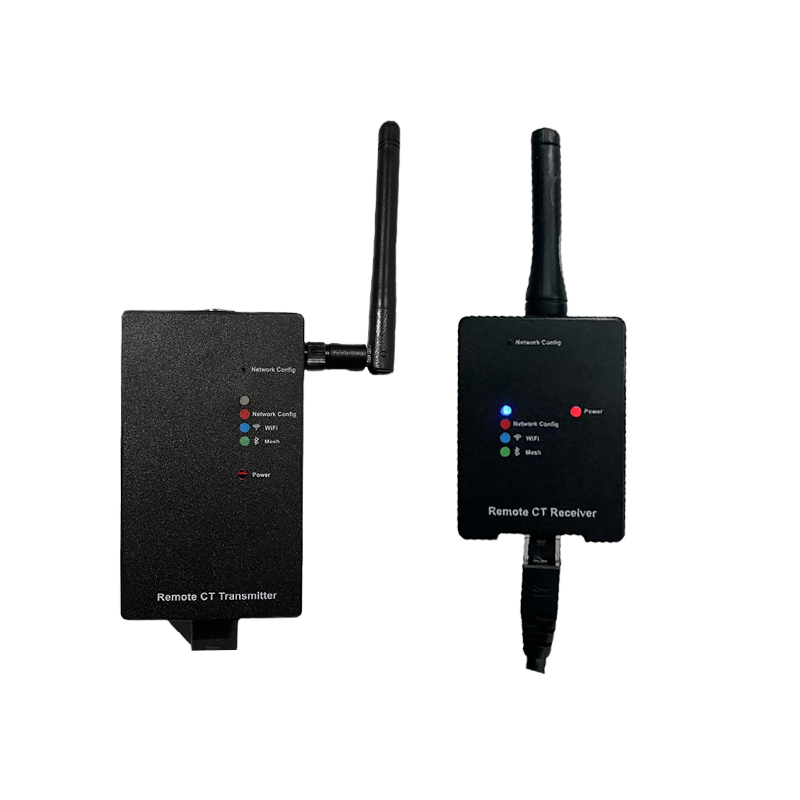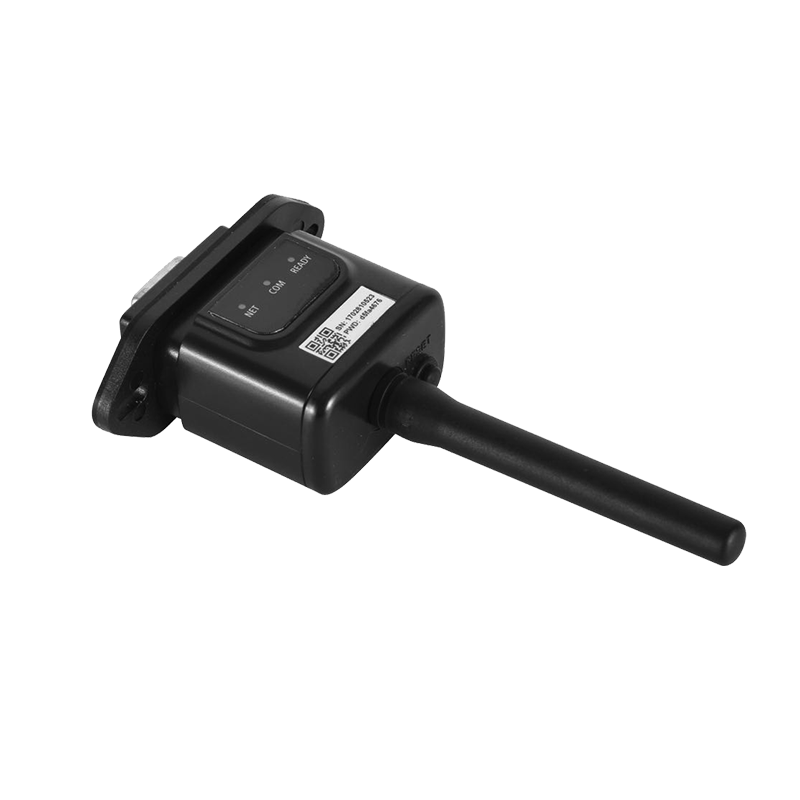Designing a home energy system requires careful planning and consideration of various factors to ensure it meets your household’s energy needs effectively. But what are the key considerations to keep in mind when designing a home energy system?
The first step in designing a home energy system is assessing your household’s energy needs. This involves analyzing your current energy consumption patterns, identifying peak usage times, and considering any future changes, such as the addition of electric vehicles or new appliances. Understanding your energy requirements helps you determine the size and capacity of the system components, such as the number of solar panels or the size of the battery storage system. Accurate assessment ensures that the system is neither over- nor
The location of your home plays a crucial role in the design of a home energy system. Factors such as the amount of sunlight, wind patterns, and the availability of geothermal resources determine the feasibility and effectiveness of different energy sources. For example, homes in sunny regions are ideal for solar energy systems, while those in windy areas may benefit from wind turbines. Additionally, the orientation and angle of your roof, as well as any potential shading from trees or buildings, impact the placement and performance of solar panels. A thorough site evaluation ensures that your home energy system is designed to take full advantage of the available resources.
Selecting the right components for your home energy system is critical to its overall performance and efficiency. Solar panels, wind turbines, batteries, and inverters are just a few of the key components that need to be carefully chosen based on quality, reliability, and compatibility. It’s essential to consider the efficiency ratings of these components, as higher efficiency translates to better performance and greater energy savings. Additionally, selecting components from reputable manufacturers with strong warranties can provide peace of mind and long-term reliability.
A home energy system is composed of multiple components that must work together seamlessly to provide consistent and reliable energy. Ensuring compatibility between these components is vital to avoid issues such as energy loss or system failure. For example, the inverter, which converts the DC electricity generated by solar panels into AC electricity used in the home, must be compatible with both the panels and the battery storage system. Proper integration also involves setting up a control system, such as an Energy Management System (EMS), that can monitor and manage the flow of energy between generation, storage, and consumption.

Financial planning is a key consideration when designing a home energy system. The initial costs of purchasing and installing the system can be significant, so it’s important to consider your budget and financing options. Many homeowners take advantage of government incentives, tax credits, and rebates that can significantly reduce the upfront costs. Additionally, some regions offer net metering programs, where excess energy generated by your system can be sold back to the grid, providing an additional source of income. Understanding the financial aspects of a home energy system helps you make informed decisions and maximize your return on investment.
Designing a home energy system with future-proofing in mind ensures that it can adapt to changes in your energy needs or advancements in technology. For example, you might consider installing additional conduit for future solar panels or choosing a battery storage system that can be easily expanded. As energy demands evolve and new technologies emerge, having a flexible and scalable system design allows you to upgrade or modify your system without major disruptions or additional costs. Future-proofing your home energy system ensures that it remains effective and relevant for years to come.
Designing a home energy system involves careful consideration of your energy needs, site conditions, component selection, and financial planning. By taking these factors into account, you can create a system that provides reliable, efficient, and sustainable energy for your household. Are you ready to start designing a home energy system that

 English
English Español
Español Deutsch
Deutsch